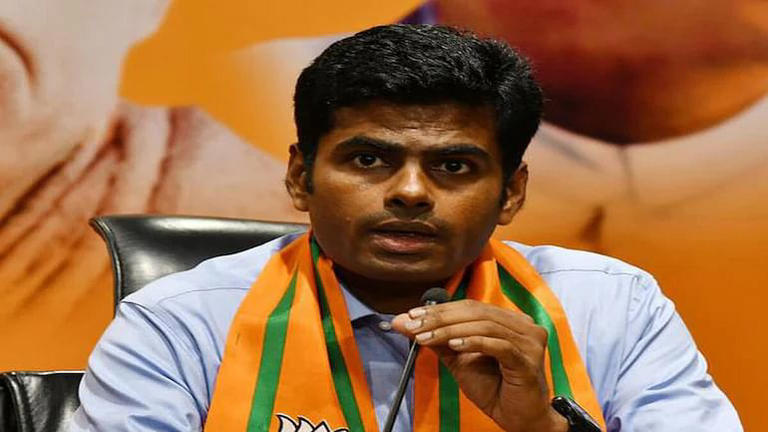The State Public Prosecutor of the Madras High Court granted a legal opinion to the State Government, stating that Annamalai’s statements would fall under Section 153 A of the IPC.Sources said the sanction was granted on October 18 based on a petition submitted by a resident of Salem, V Piyush.
According to the Government Order, Piyush had filed a petition in Judicial Magistrate Court No 4 in Salem and had also submitted representations to the Home Secretary, Director General of Police, and Salem Commissioner of Police in October last year against Annamalai and a YouTube channel anchor, Rajavel Nagarajan. He alleged that in the YouTube interview, the BJP leader had made certain accusations against the Christian Missionary NGO.
The Government Order stated that the Missionary then filed a petition before the Supreme Court. In his legal opinion, the Special Public Prosecutor informed the Government that the BJP leader’s speech involved the open use of words and phrases generally considered offensive to a particular religion and objectively offensive to society. It fell 'within the ambit of the definition of hate speech,' as established by the Supreme Court in the case of Amish Devgan vs Union of India and others in 2021.
Hate speech targeted to cause hurt among groups
The speech was also 'within the subjective intent to target the group of the person associated with the class/group'. Therefore it was evident Annamalai’s speech had the 'sole intention to cause fear or alarm' and create hatred between religions.
Hence, sanction was accorded, based on the order of the Governor, to prosecute Annamalai for offences punishable under sections 153-A and 505 of the Indian Penal Code, to be taken cognisance by a court of competent jurisdiction.
Kajal Agarwal


















































